Ending child marriage in Sierra Leone
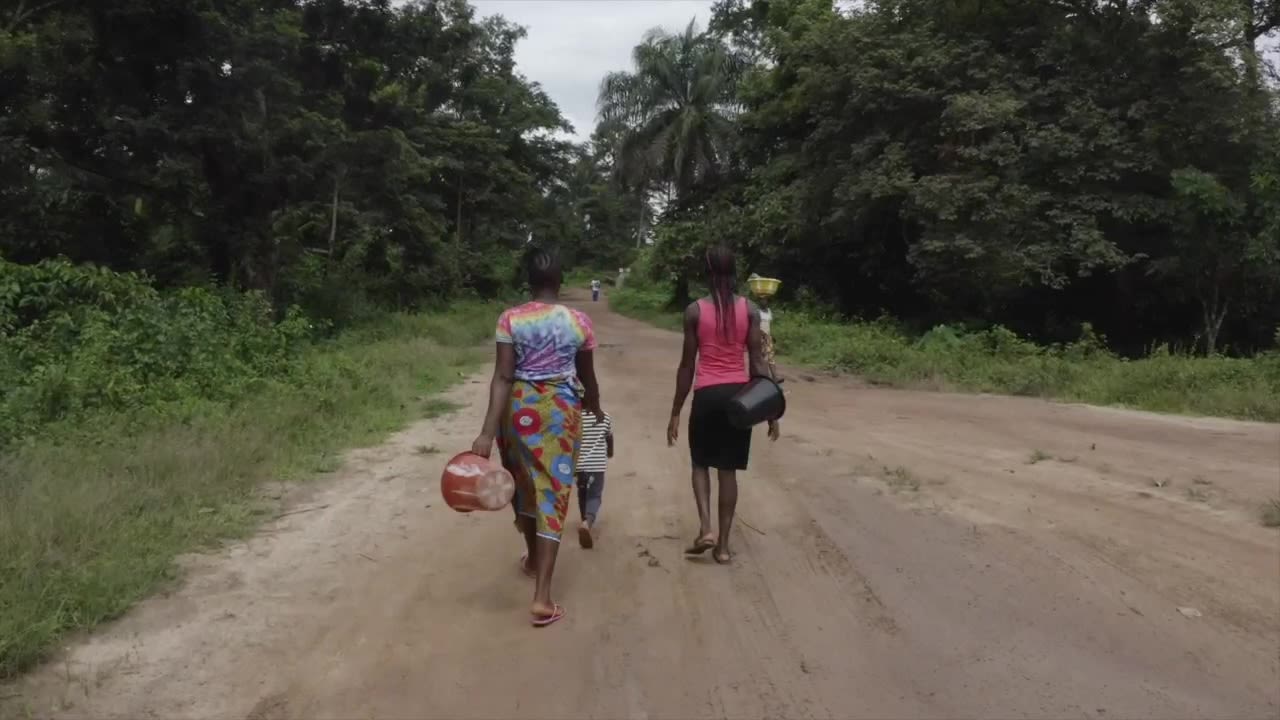
Kpemeh* & Kuji*
Meet Kpemeh, 18, and Kuji, 19, two cousins who participate in Save the Children's Ending Child Marriage project. They're helping to raise awareness of child marriage while supporting other girls.
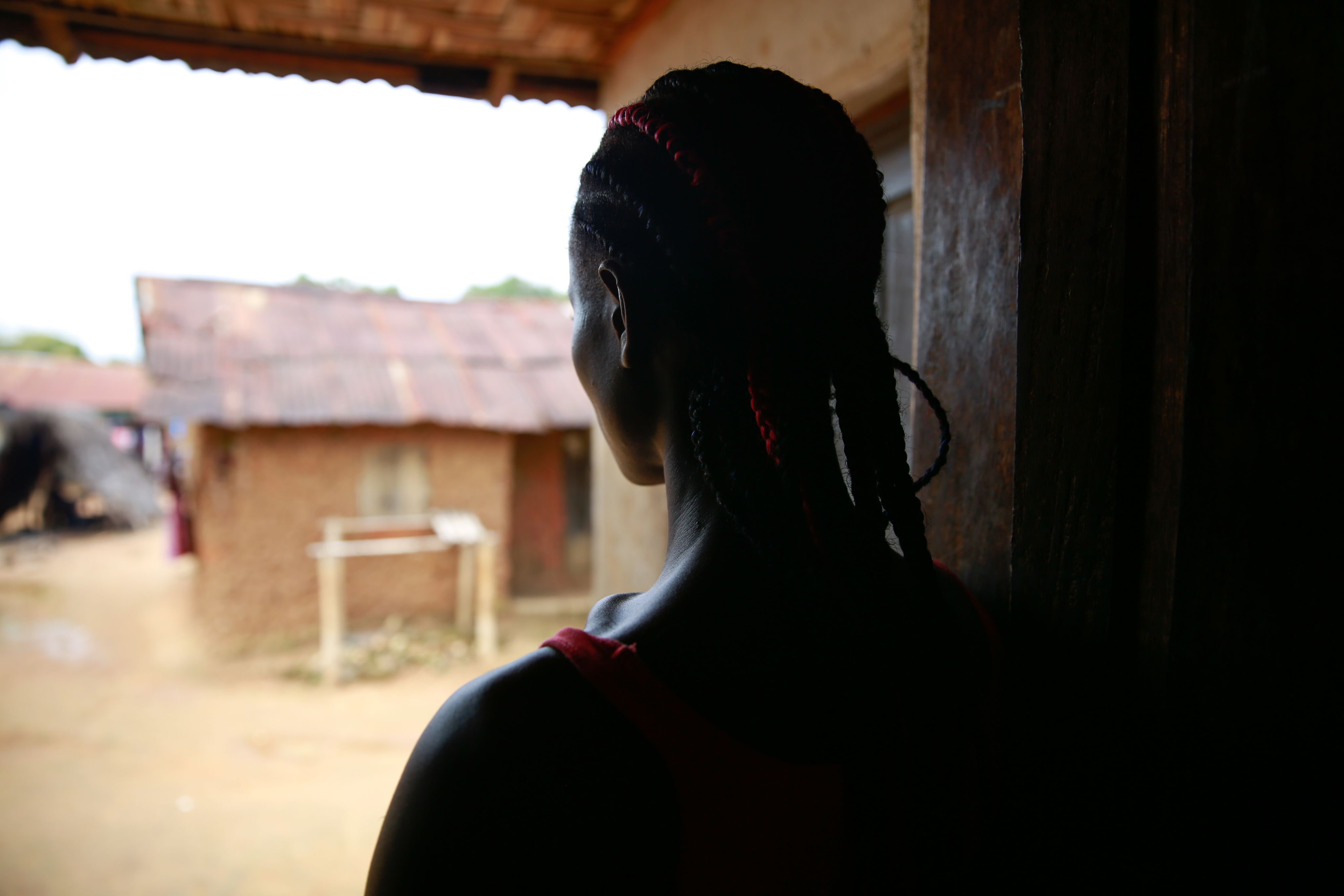
Kuji's* life took a tough turn when her dad passed away when she was just 9 years old. She remembers,
After my father died, I almost went mad. Because when I thought about what he did for me, I never worried about anything when he was alive."
Despite being without her dad, Kuji* was determined to keep going to school. She did odd jobs to earn money for her school stuff, even though she didn't have everything she needed. She recalls,
I engaged in various manual labour tasks... I worked for people who paid me and I also collected firewood to sell."
At one point, Kuji moved to another village with her aunt for a year, so she could work and save up money to get her school report card.
But as Kuji was getting ready to return to her village, she fell pregnant with her son.
Kpemeh*, Kuji’s* cousin, also faced challenges in her early teenage years. When she was just 12, a man wanted to marry her. Kpemeh* protested.
I was in sixth grade... I said, right now, I am going to school. I don’t want to get married."
But her parents, who were subsistence farmers, thought marriage would ease their financial stress.
In Kpemeh’s case, that stress is closely linked to the climate crisis.
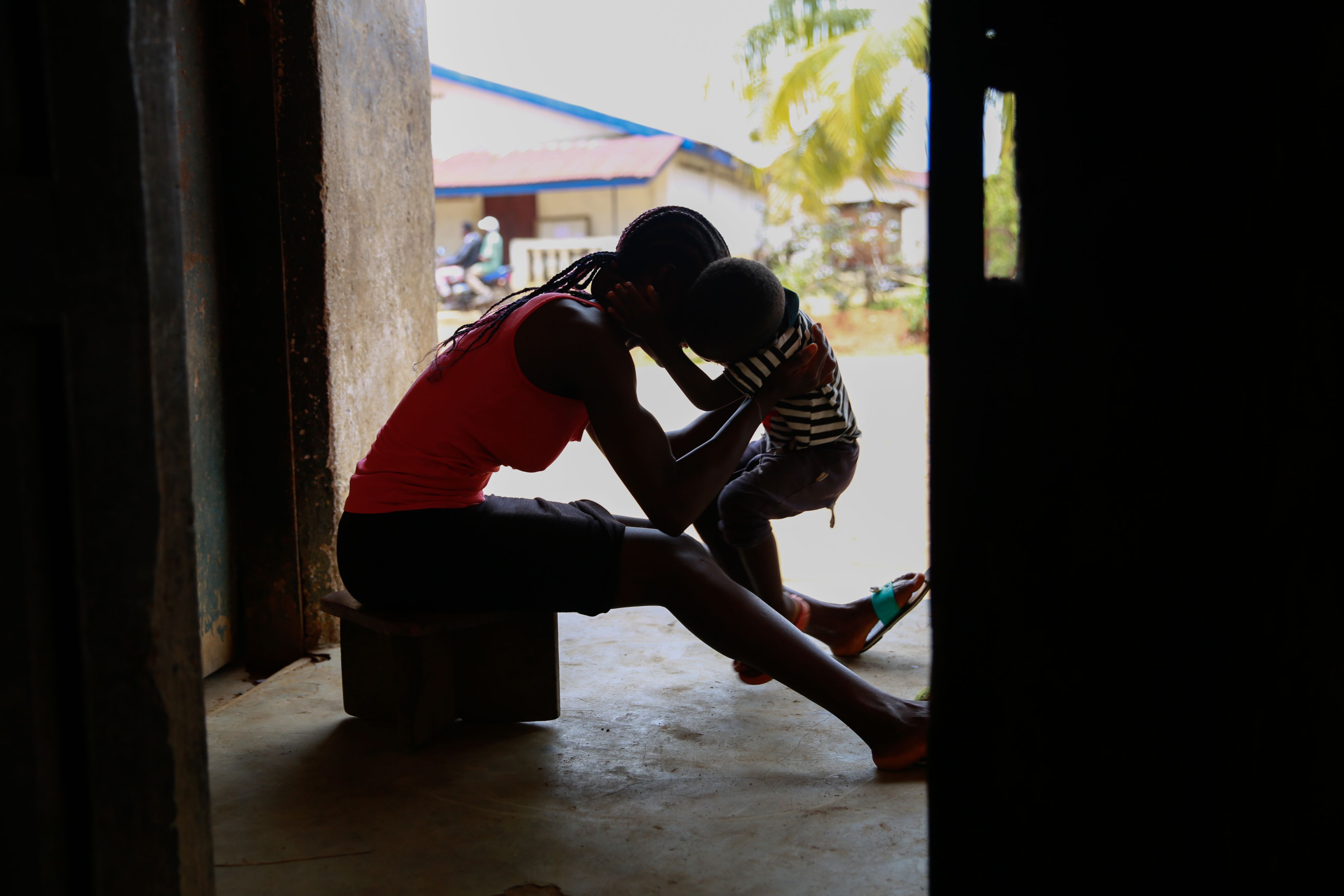
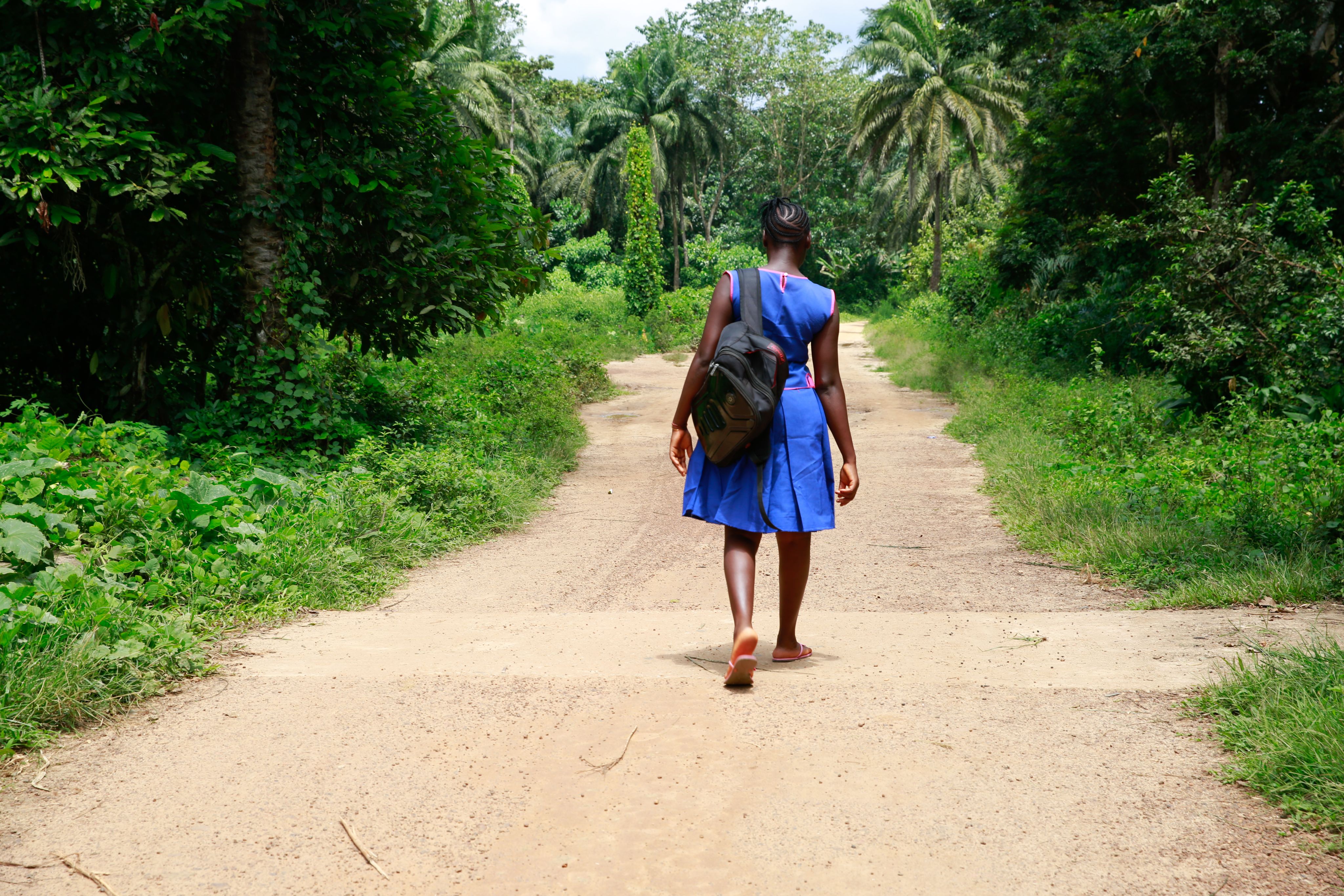
The climate has changed and our parents rely on farming. Rain does not fall when it is supposed to fall... Because our families are poor, if this situation persists, it could hinder our schooling. Because poverty will stop you from going to school. [Child marriage] happens because of poverty."
Resisting Forced Marriage
Kpemeh* resisted marriage for three years, insisting that her education should come first. But her parents decided to arrange the marriage anyway. When they asked her to come home, Kpemeh* knew what would follow. She says,
By then the marriage had already been arranged."
Kpemeh's* parents punished her by withholding food. She says,
They said because I refused to get married, they were not going to feed me."
That's when she reached out to the Save the Children helpline.
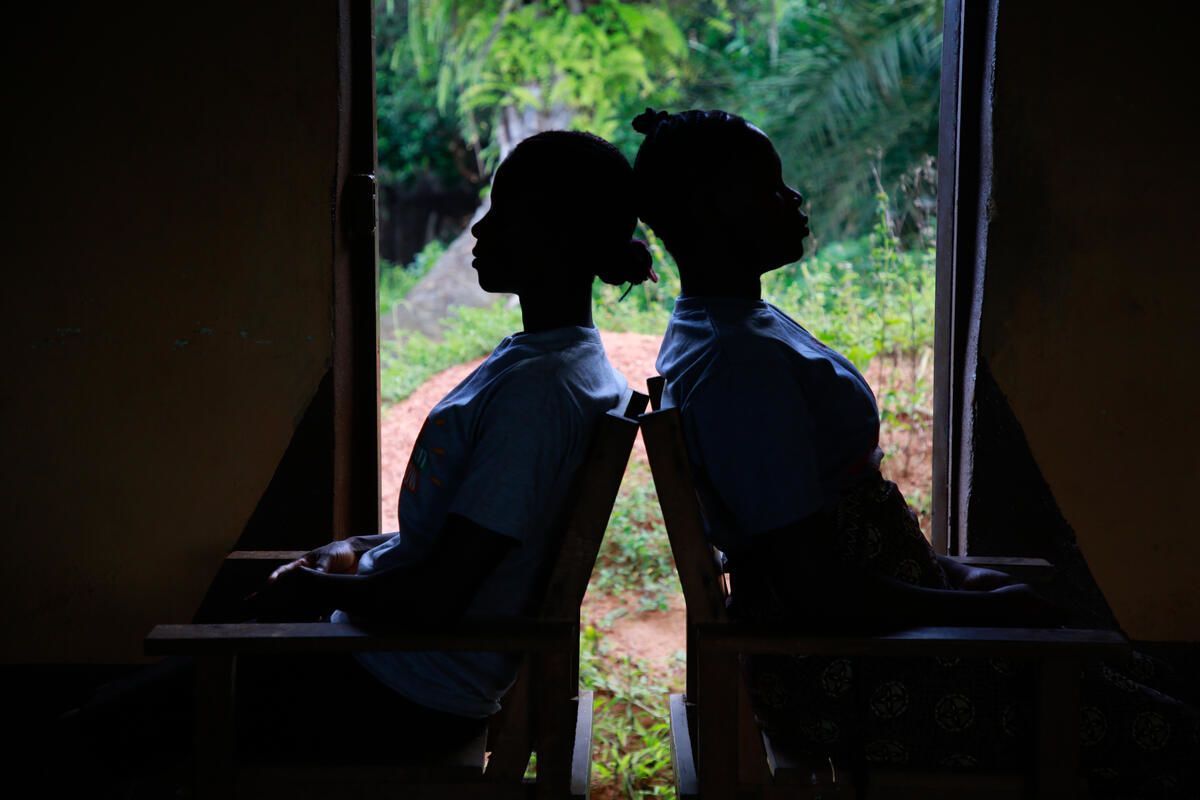
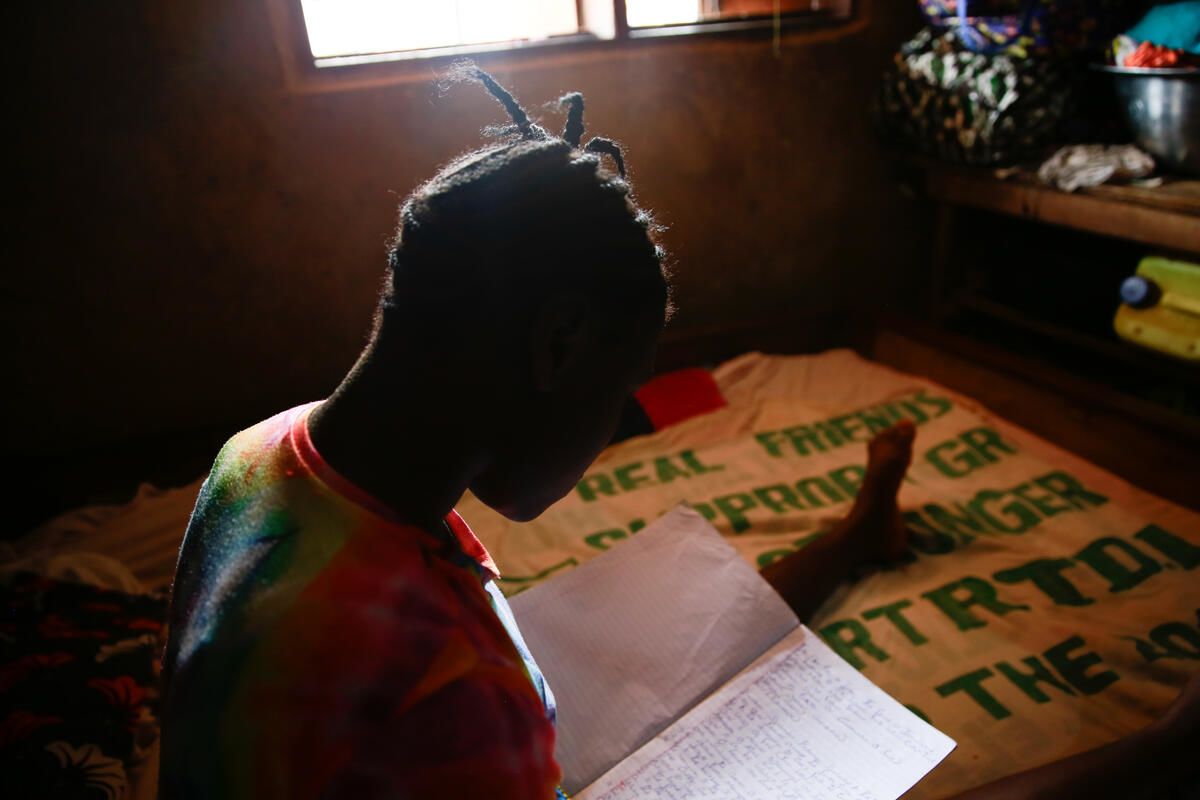
Empowering girls to end child marriage
In 2021, Kuji* met Mr Kelfala, a community volunteer with Save the Children’s Ending Child Marriage (ECM) project. She recalls,
I was returning from church, and I met Mr Kelfala... [He told me] there is a programme for girls like you, especially girls that have given birth."
Kuji* joined the project, becoming a Champion, offering advice and support to other girls in her community.
When Kuji* found out that Kpemeh's* parents were planning for her to marry, she intervened, saying:
I only want my cousin to go to school because if she is educated, I am also educated. I vowed to fight for her. I told her not to agree to what they were saying. I reminded her that we, the girls, are the light of the world."
Kuji* informed the Village Chief, who fined the parents, and the marriage was stopped. Kuji* credits Save the Children and Mr Kelfala for giving her the strength to take this action.
I got it [my strength] from Save the Children. They were the ones who empowered me."
Now, Kuji* and Kpemeh* are back in school and part of Save the Children’s programme to empower girls and help stop forced marriage. Kpemeh* is thankful, saying,
I want to thank Save the Children for sending me back to school. Through their meetings, we’ve learned about child marriage. They educate us about early marriage, and we share this knowledge with our friends."
They're both determined to make a difference and help other girls facing similar challenges.
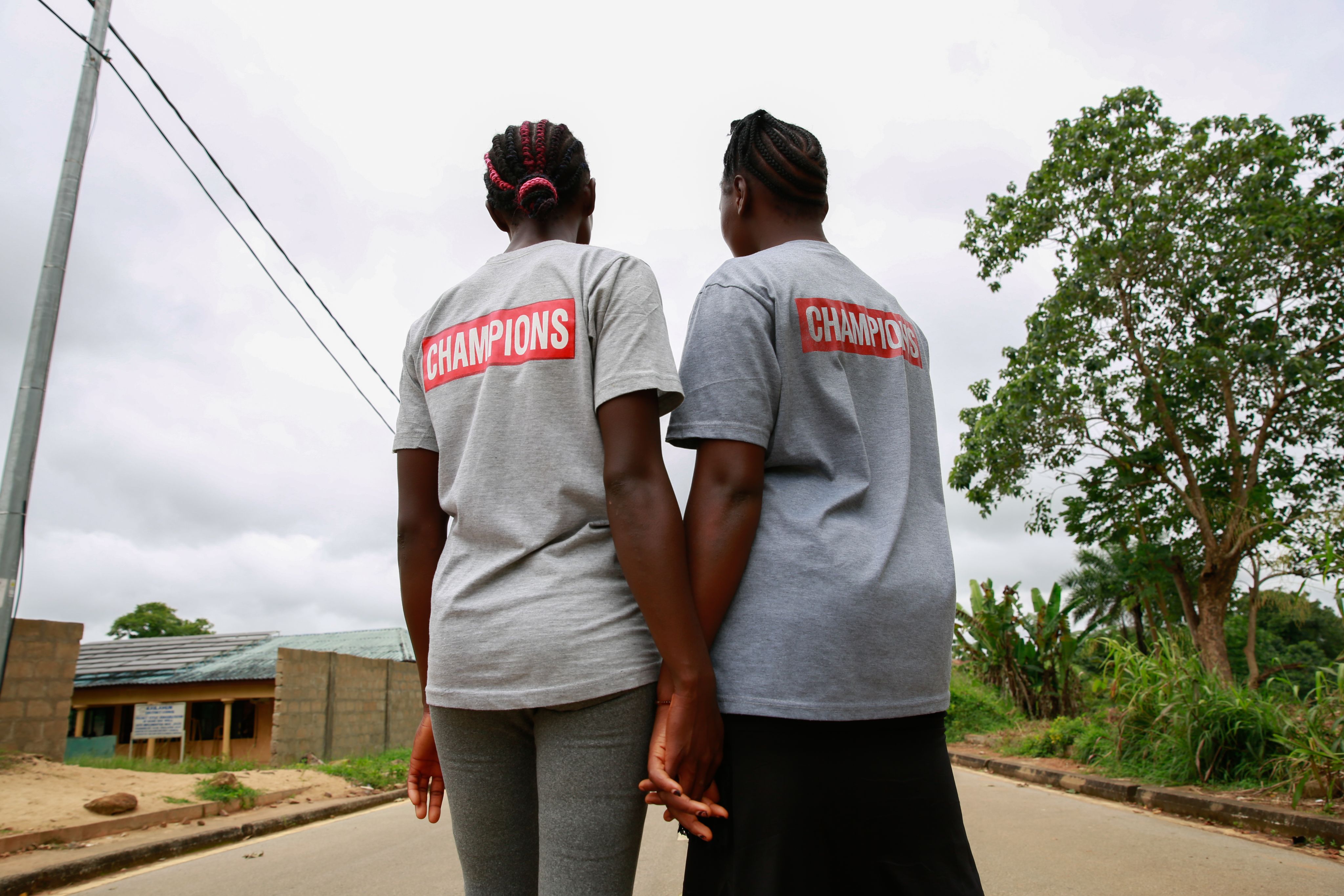
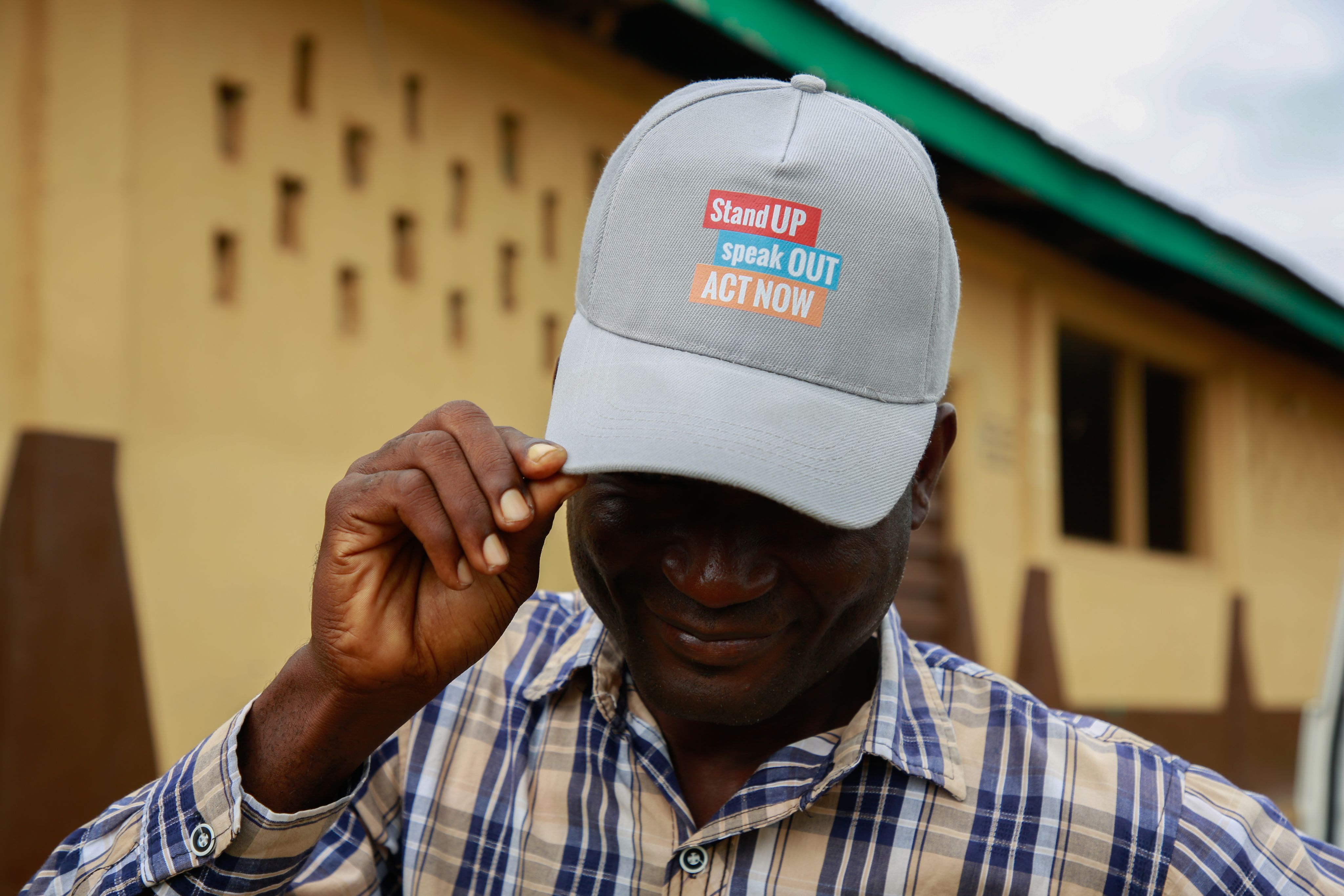
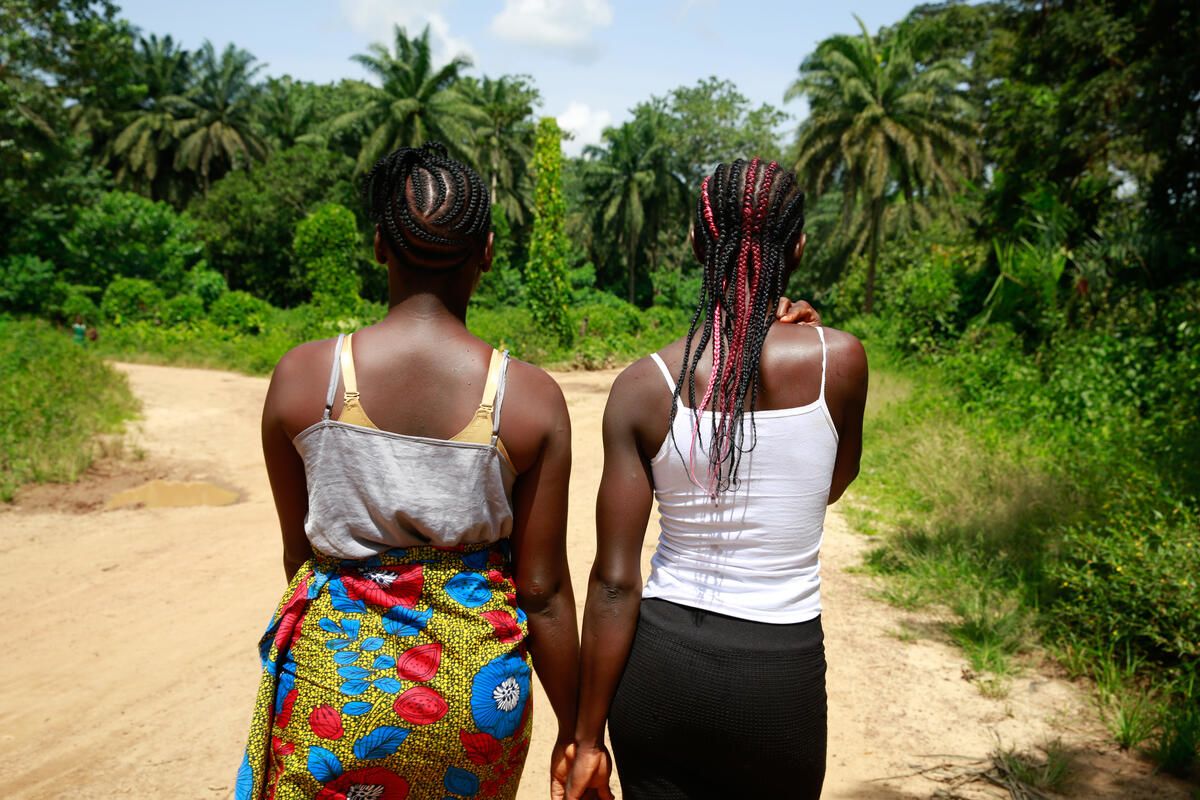
Girls at the centre of the storm: the climate crisis is making girls’ lives even harder.
Kpemeh’s* story is not an isolated case.
New research by Save the Children shows that nearly 9 MILLION GIRLS are facing the dual threat of climate disaster and child marriage every year.
The climate crisis is destroying homes and livelihoods, driving children and their families further into poverty.
And when families are forced to cut corners, it’s girls who tend to lose out.
They are denied school and forced into child marriages, just like Kpemeh*.
Despite girls being at the centre of the storm, they’re still all too often left out of climate planning. That's why we are calling on governments and decision-makers to:
- Back girl-led climate movements
- Intensify their efforts to end child marriage
- Address gender-based violence and gender inequalities in climate action plans
- Develop shock-proof support systems for girls affected by the climate crisis
- Properly fund climate action that supports gender- and child-responsive climate action
- Expand research on climate and gender equality
Read Save the Children's 2023 Girlhood report to learn more about the impact the Climate Crisis is having on girls and child marriage around the world.
